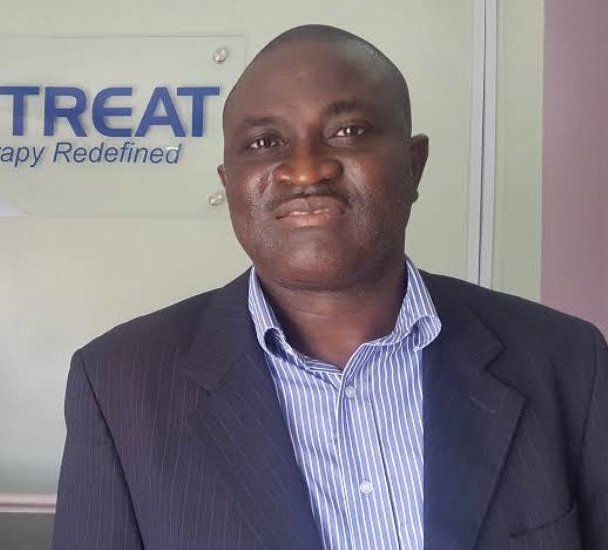Mental health awareness is relatively low in Nigeria, according to the African polling institute (API). Mental health issues are often treated as spiritual problems and so, patients head to religious places for healing or deliverance. Ogbodo Ozioma Favour spoke to an adult mental health expert, Dr. Olufemi Oluwatayo, the CEO of Retreat Healthcare, Lagos, who demystified issues related to mental health in Nigeria.
Excerpts:
Can you please assess the current state of mental health awareness in Nigeria?
Mental Health awareness in Nigeria is getting better. A decade ago or five years ago, it wasn’t so. After COVID-19, people became more aware of isolation, though in Nigeria, people still believe in supernatural influences and illiteracy is quite low so mental health awareness is still limited. People still need to do more work of educating people and enlightening people about the impact and causes of mental disorder.
There is a lot of stigma attached to mental health in Nigeria. What strategies do you find effective in addressing this problem?
The best approach to mental health stigma is by educating the populace. For instance, this media interview goes a long way in educating people. Firstly, mental health illness is not caused by a curse placed by witches or wizards. Rather, it’s caused by psychological issues, stress, events going on in the society and chemical changes in the brain, leading to various manifestation of mental illness. It’s not caused by witches and wizards as the say in Nollywood.
One of the ways to fight stigma is to see people who have been treated and recovered. In developed countries, celebrities speak out on mental health issues. For instance, Prince Harry spoke about his depression, treatment, counsels and recovery, despite being a prince.
If celebrities can speak out on facts of mental health illness, that will help people understand that mental illness is real and it can happen to anybody and it can be treated.
There should be education at different levels, from primary school, secondary school and tertiary institution.There should be counseling sessions, people should talk about it, there should be hospital sessions about it. The government is doing that and our hospital, Retreat Healthcare situated at Ikorodu, is also ensuring this by creating a therapeutic and calming environment so people don’t think mental health has to do with suffering but it’s more of treatment, treating people with dignity they deserve and there should be bigger media interview sessions to ensure enough publicity.
What is biggest challenge in management of mental health issues in Nigeria?
The biggest challenge is the cost of treatment. This discourages people when faced with mental health challenges.
Another is resources. Experts are leaving the country, the ‘japa syndrome’, and finally is the stigma. All these are affecting mental health delivery. The government needs to invest more in mental health care system.
If the government introduces compulsory technology like mental health digital platforms, would it will go a long way or cause a stir in mental health care in Nigeria?
I wouldn’t recommended that because the government has a role to play and a strategy to help the development of mental health services using digital platforms will only have minute impact because many people with mental health issues in the rural areas with little or no access to technology.
Government should rather facilitate access to mental health care in the primary, secondary and tertiary health care system. Government should provide the resources, put more funds, train more specialists and integrate top regulation in all the designated mental health care homes. That is, oversight function. Also, the government needs to regulate the use of illicit drugs like codeine, tramadol, sniper, making them unavailable.
Can you discuss common misconceptions about mental health and how to dispel them?
There are a lot of misconceptions like having multiple personalities, saying one is cursed by spirits and they all the myths.
Mental health disorder is like any other health disorder like hypertension, diabetes, cancer and arthritis and they can affect anybody, though they have risk factors that can gear this but still, they are illnesses like every other illness.
These misconceptions can be dispelled by education. As stated earlier, people speaking out like celebrities talking about it will go a long way. As this continues to go on, these misconceptions start dispelling, the society begins to get more knowledge and fight this off as a group.
How can the government reach the grassroots level to dispell these misconceptions?
Realistically, how much can the government do? How many rural areas are in the country? The government needs to focus on the primary health centres having trained personnel that have expertise to recognise mental disorders. There so many health centres with no resources. Charity organisations need to take charge of educating and enlightening people because the government cannot work alone on this. There should be constant education, using the media to educate and create more awareness.



